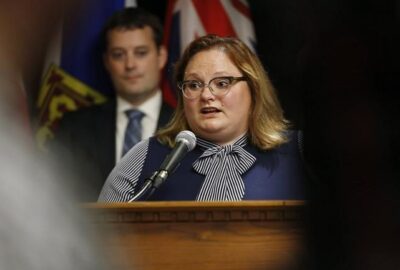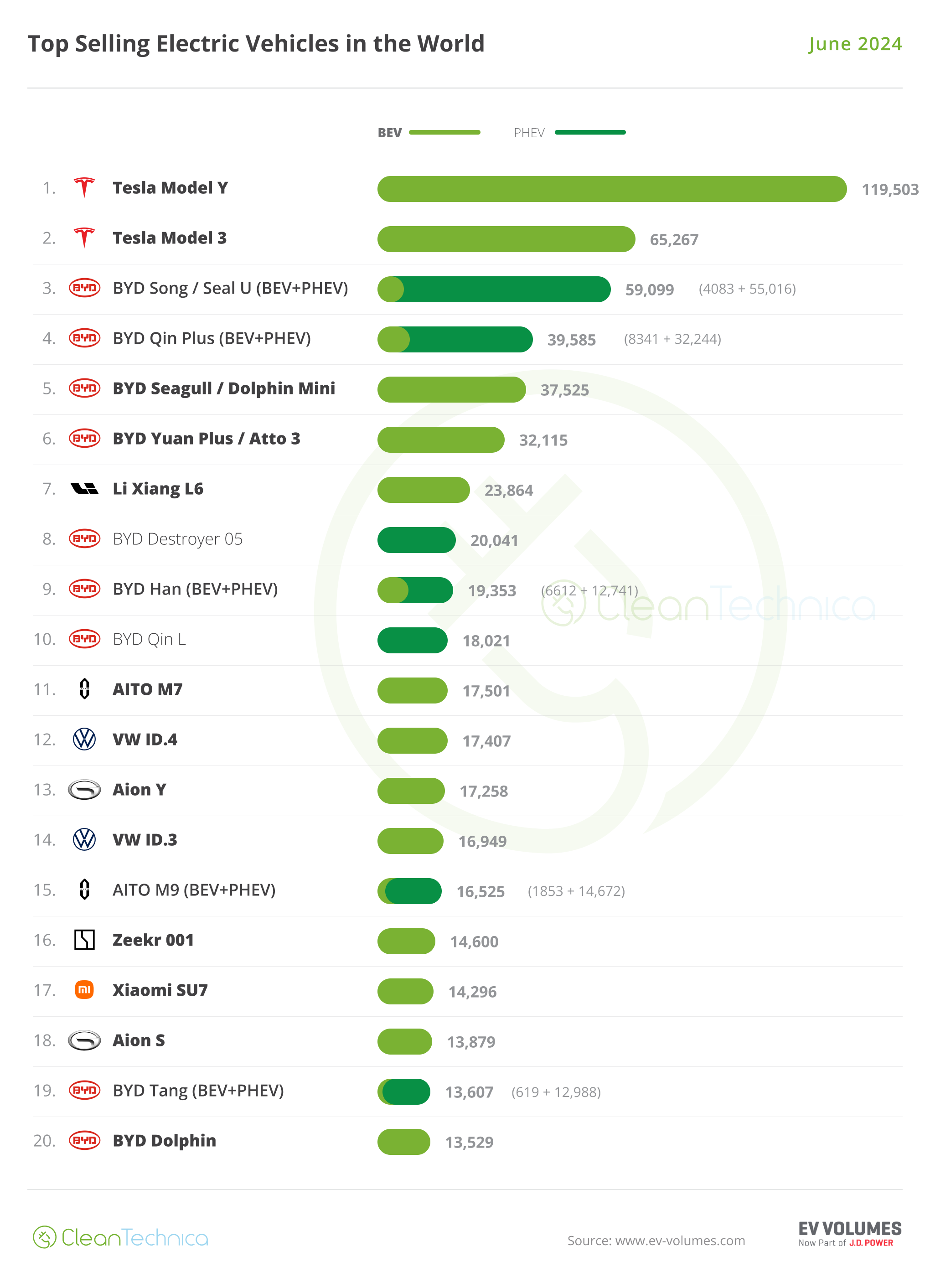
CALGARY — Alberta’s former deputy premier entered the province’s NDP leadership Sunday with criticism of the federal carbon levy and Prime Minister Justin Trudeau.
Sarah Hoffman, who was deputy premier when the NDP was elected in 2015, joins fellow legislature members Kathleen Ganley and Rakhi Pancholi in the race to replace Rachel Notley, who announced last month she was stepping down.
The new leader is to be chosen in June.
In an interview with The Canadian Press, Hoffman, 43, said her priorities during the campaign will be health care, housing and climate change.
The legislature member for Edmonton Glenora said if the NDP had been more willing to engage with voters on climate change during last year’s election campaign, it might have generated enough support to defeat the United Conservative Party under current Premier Danielle Smith.
As far as Hoffman is concerned, the federal carbon charge to consumers needs to go.
“I think the consumer carbon tax is dead. It died provincially in the last election. The feds took it over. Justin Trudeau played dirty politics with it and picked winners and losers. If you don’t have public support, you can’t carry on with something like that,” Hoffman said.
“I do know Albertans do care about the climate. We have to act. But a consumer carbon tax is not the model that has momentum right now or has support. So we need to find new tools that are successful.”
Hoffman plans to release details about her strategy during the campaign, she said, but large polluters need to pay more and can likely afford it.
She said she realizes her position might come as a surprise to Alberta voters, since the NDP brought in its own carbon price in 2015. But she wants everyone on board when it comes to fighting climate change.
“Nobody is on board with what Justin Trudeau did with the federal carbon tax. He absolutely broke trust and broke confidence when he looked at the polls in Eastern Canada and decided to exempt them,” Hoffman said.
The Alberta and Saskatchewan governments have criticized Ottawa over its decision to exempt home heating oil from the federal carbon levy, a move that mostly benefits Atlantic Canadians, and not do the same for natural gas, which is widely used to warm homes in those western provinces.
“There’s no way people can be on board with the federal plan when even the prime minister isn’t on board, when he’s playing games with it,” said Hoffman.
Hoffman is not the only NDP leadership hopeful to take aim at the carbon charge.
Rakhi Pancholi, a two-term legislature member from Edmonton who announced her candidacy for the NDP leadership last week, said climate change and the carbon levy are among the pressing issues for Albertans.
“There is an opportunity to reassess some of the positions that we’ve taken as a party, but also reflect where Albertans are at. One idea I would like to discuss more with Albertans … is a move away from the consumer carbon tax,” Pancholi said.
“We know that general public opinion on that has not changed in seven years, and Albertans in particular have not bought into the idea that it is a revenue neutral proposition.”
Pancholi said she’d like to have a conversation with Albertans, economists, the oil and gas sector, the renewables sector and environmentalists about the issue.
“I believe it’s time to not be entrenched in ideas that we used to have but look at new ideas and think about ways to develop a strong climate action plan that may move away from a consumer carbon tax.”
Ganley, a Calgary legislature member and the first to put her name in the leadership race on Monday, wouldn’t address carbon pricing directly when asked about it.
“We’ll have a lot of policies to release and a lot of things to say. What I think is I am in favour of policies that result in decarbonization,” she said.
“My preference is to do that in a way that creates the most possible economic growth for the province. There’s a lot of ways to achieve that goal.”
— With files from Colette Derworiz in Calgary
This report by The Canadian Press was first published Feb. 11, 2024.
Bill Graveland, The Canadian Press
Share This:





